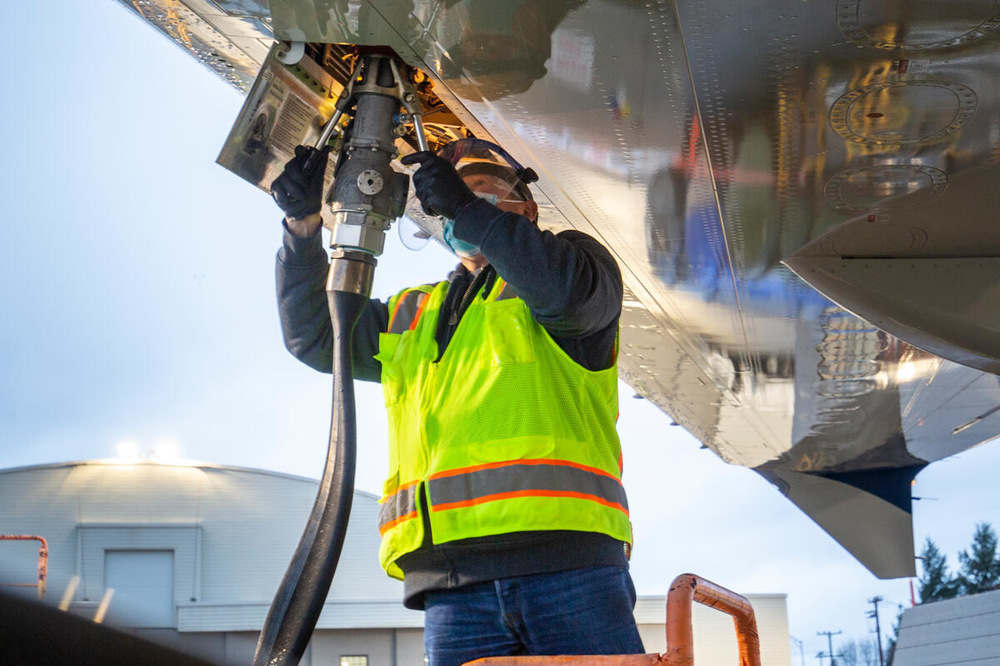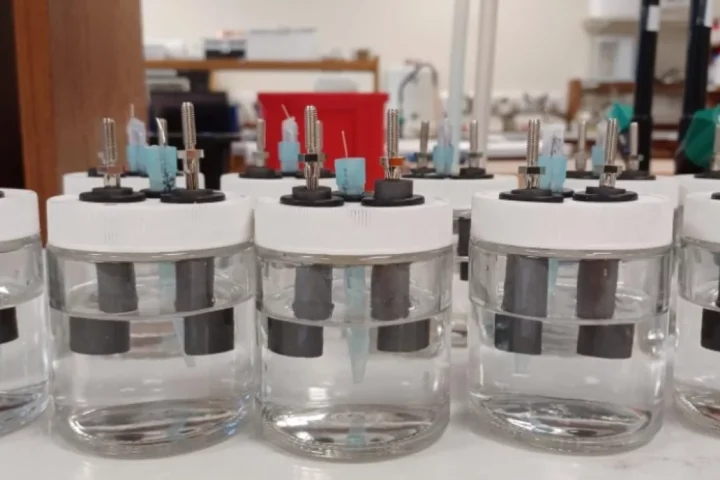Boeing Co., in partnership with the U.S. government, has embarked on an ambitious initiative to boost the development and use of Sustainable Aviation Fuel (SAF) among Asia-Pacific Economic Cooperation (APEC) member countries. This collaboration aims to tackle the pressing challenges of limited supply and high costs associated with SAF, a key component in reducing the aviation industry’s carbon footprint. SAF, made from renewable biomass and waste resources like cooking oils, municipal waste, and agricultural residues, offers the potential to dramatically cut lifecycle carbon emissions compared to conventional jet fuel. However, its current production is limited, and the cost is significantly higher, three to five times that of regular jet fuel.
SAF’s importance is underscored by its potential to reduce lifecycle CO2 emissions by up to 85%, positioning it as a crucial element in meeting the net-zero carbon emissions goal by 2050 set by the International Civil Aviation Organization (ICAO) and the civil aviation industry. Despite its benefits, SAF’s usage in airlines is minuscule, representing just 0.1% of global jet fuel demand. The initiative by Boeing and the U.S. government, involving the Department of Transportation and the Federal Aviation Administration, focuses on developing the SAF supply chain within APEC economies. This includes identifying sustainable feedstocks, optimizing production pathways, leveraging existing industries, and developing policies and regulations conducive to SAF production and use.
Similar Posts
The Department of Energy’s Bioenergy Technologies Office (BETO) also plays a significant role in this endeavor, empowering energy companies and aviation stakeholders to overcome barriers to the deployment of low-carbon SAF. BETO’s work, in conjunction with other federal agencies, is instrumental in developing a comprehensive strategy for scaling up new technologies for commercial-scale SAF production. The potential of SAF to deliver performance akin to petroleum-based jet fuel, but with a significantly smaller carbon footprint, is a key aspect of this strategy. SAF’s varied feedstocks and production technologies enable it to reduce life cycle GHG emissions substantially, with some pathways even achieving a net-negative GHG footprint.
In the United States alone, an estimated 1 billion dry tons of biomass can be sustainably collected each year, sufficient to produce 50-60 billion gallons of low-carbon biofuels. This biomass includes corn grain, oil seeds, algae, fats, oils, greases, agricultural and forestry residues, wood mill waste, municipal solid waste streams, wet wastes like manures, and dedicated energy crops. These resources not only support the SAF production but also create economic opportunities in farming communities, improve environmental conditions, and enhance aircraft performance. For instance, biomass crops can help control erosion, improve water quality, increase biodiversity, and store carbon in the soil. Additionally, producing SAF from wet wastes can reduce pollution pressure on watersheds and mitigate methane gas emissions, a significant contributor to climate change.
To meet the growing demand for SAF, more production pathways and feedstocks are needed. SAF is produced using a variety of technologies that employ physical, biological, and chemical reactions to convert biomass and waste resources into energy-dense hydrocarbons. These fuels must meet strict specifications to ensure safe, reliable aircraft operation. BETO collaborates with biorefiners, aviation companies, and farmers to develop novel SAF production pathways from renewable and waste feedstocks. This collaboration aims to ensure that these fuels are compatible with existing aircraft and infrastructure, paving the way for wider adoption and use in the aviation sector.
Boeing’s partnership with the U.S. government and involvement of other key agencies like the Department of Energy signals a significant step towards a more sustainable aviation future. By addressing the challenges of SAF production and usage, this initiative holds the potential to revolutionize the aviation industry’s approach to reducing its carbon footprint, contributing to global efforts in combating climate change.


















